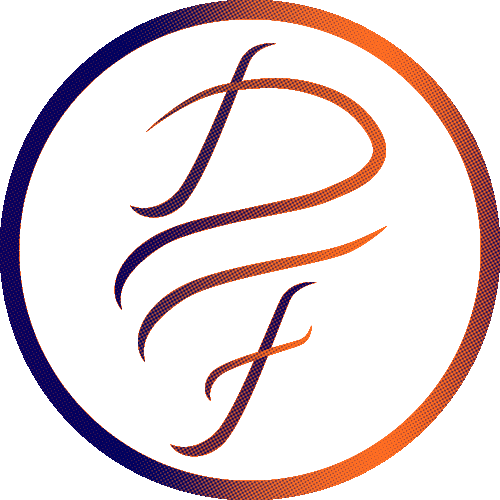The fashion industry (along with oil) continues to be one of the most dangerous industries for the environment today.
All over the world, individual designers and entire fashion corporations are trying to collaborate and find new ideas to make fashion ethical. As a result, a set of rules was developed in business, fashion and everyday life. The concept that combines these rules and is becoming the main trend in the development of the fashion industry is called "sustainable fashion". The term sustainability itself can be translated as ecological stability.
Principles of sustainable fashion:
• Responsible use of human and natural resources.
Brands committed to sustainable fashion use safe materials, disclose the manufacturing conditions of the items sold, ensure safe working practices and fair wages. This includes waste minimization, including waste-free tailoring.
• Recycling of waste and things for the production of new ones.
Manufacturers try to reduce the amount of textile waste, use recyclable and renewable resources and materials. A collection of clothes created using new technologies from recycled materials is produced.
• Repairing things instead of buying new ones.
Sustainable fashion means getting the most out of one item before sending it for recycling. Most things can be successfully repaired instead of buying new ones.
Sustainable fashion brands not only practice responsible labor practices, but also use sustainable materials. These include recycled PET bottles for sneakers, recycled paper for packaging, buttons from metal cans, leather goods made from scraps, linens made from beech fibers, clothes made from recycled fishing nets, and even dresses made from ocean waste.
Fashion brands also strive to conserve natural resources, minimize negative impact on the environment, recycle their products, reduce their carbon footprint, respect decent working conditions for workers and care for their consumers.
If the brand awareness information you're interested in isn't obvious, you can do a little research of your own and ask yourself the following questions:
o Where are these clothes made?
o How and under what conditions was the product manufactured?
o Who made it?
You can find this information on the website of the fashion brand. If this is not the case, most likely this brand does not pay attention to the sustainability and ethics of its production. In any case, you can always write to the manufacturer and ask all your questions.
What is Slow Fashion? This is an aspect of sustainable fashion and a concept describing the opposite to fast fashion, part of the "slow movement" advocating for clothing and apparel manufacturing in respect to people, environment and animals.
Slow fashion brands take the time to consider the entire lifecycle of their products, from the sourcing of materials to the end of the product's life. This means that they use sustainable materials and employ ethical production practices.
As the founder DigFashion brand, I can guarantee that the garments I produce are sustainable, and made with love for my Customers and Nature.
This is not just a bland following of the current world trend, this is my vision of the fashion business.
- I am working alone and I embody my ideas into finished garments from the beginning to the end (ideas, patterns, sewing... ), all these I am making by myself and displaying them on my website. So, no exploitation of other people and not fair wages.
- I am working at home in my small studio (workroom). So, no additional carbon footprint compared to having an external working space like an office or studio.
- I am a great supporter of the philosophy of “Slow Fashion”. I create high-quality timeless slow-fashion garments to help you express yourself and curate your authentic style. I create small collections of one-of-a-kind garments. So, my collections have almost zero textile waste designs that reduce the consequent pollution.
- My e-store MyDigFashion uses recycling boxes to send you items, and I also cooperate with sustainable delivery companies to reduce the carbon footprint.
I hope this article was interesting and informative for you!
If you still have questions about the DigFashion brand, you can always write me and ask all your questions.
Natalie Friesen,
founder of DigFashion brand

